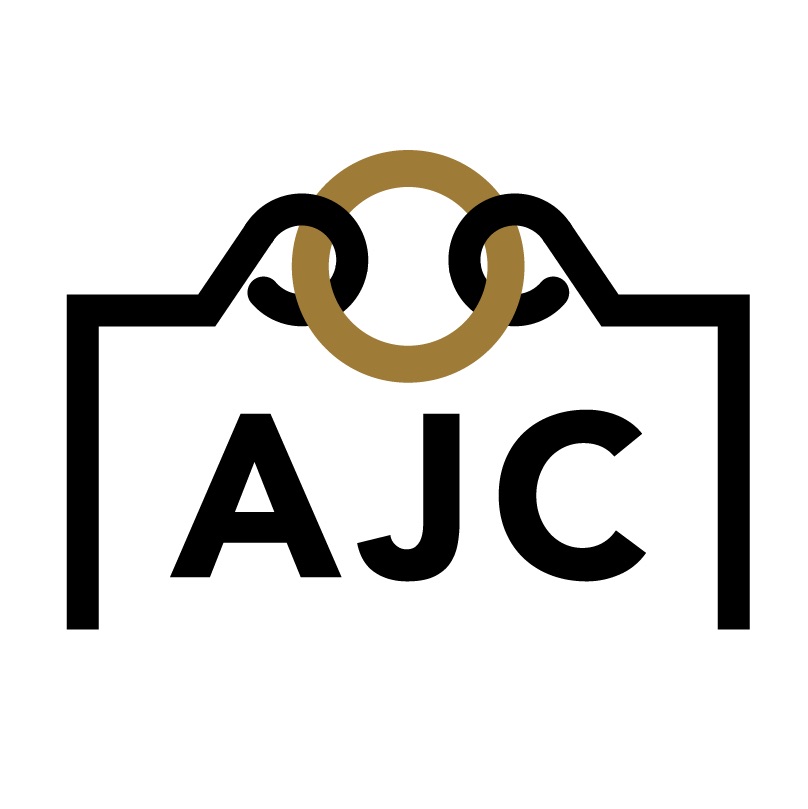Anna Julia Cooper Center
CURATED SYLLABI
The Anna Julia Cooper center produces and shares syllabi and bibliographies on topics that align with the mission of the center.
The Welfare Reform Syllabus was created by top poverty scholars in an effort to create a more informed public debate about welfare reform in the wake of the 20th anniversary of PRWORA. Themes include: the history of welfare as a New Deal, the racial politics of the backlash against welfare, the realities of pre-1996 welfare use, the context of the legislation within the rise of neoliberal austerity policies and the criminalization of poor people.
Curated by the AJC Center/ ELLE.com Scholars, in 2017 this syllabus features texts, music, and visual art submitted by young women of color, ages 16-30, reflecting on the themes of Solange's album A Seat at the Table. The Elle.com Scholars worked closely with Candice Benbow, author of The Lemonade Syllabus.
The Black Disability Justice Syllabus
Created and hosted by Sins Invalid, the Black Disability Justice Syllabus recognizes Black disabled people are often left out of conversations about disability, facing anti-blackness within the workplace, when accessing healthcare (if we can access it at all), in society at large, and within disabled spaces. Black disabled people have been part of many movements for justice, but historical records rarely reflect our contributions.
Sins Invalid offers the Black Disabled Futures Month Syllabus as an opportunity to honor the legacies of Black disabled artists, thinkers, activists, and leaders and a tool for future work. We will update this syllabus periodically. If you have something to add to the list, please email Cyree Jarelle Johnson, Social Media and Community Engagement Specialist at cjarellejohnson@sinsinvalid.org
The Charlottesville Syllabus is a resource created by the Graduate Student Coalition for Liberation in 2017 to be used to educate readers about the long history of white supremacy in Charlottesville, Virginia. With resources selected and summaries written by UVa graduate students, this abridged version of the Syllabus is organized into six sections that offer contemporary and archival primary and secondary sources (articles, books, responses, a documentary, databases) and a list of important terms for discussing white supremacy. Only “additional resources” are not available online (but can be found either through JSTOR, at the library, or for purchase).
Created and hosted by Candice Benbow in 2016, The Lemonade Syllabus compiled more than 200 novels, non-fiction works, poetry, music and more resources connected to the themes, images, ideas, and sonic histories in Beyonce’s visual album, Lemonade.
Created and hosted by Vilissa Thompson in 2016, the Black Disabled Woman Syllabus compiles books, essays/articles, speeches, music, and other bodies of work that accurately explains the diverse forms of Blackness that exists for Black women, and how the lives of Black disabled women meshed within that discourse.
Created and disseminated by Sociologists for Justice in 2014, The Ferguson Syllabus is a collection of research articles used to inform the arguments in the public statement on the events in Ferguson.

